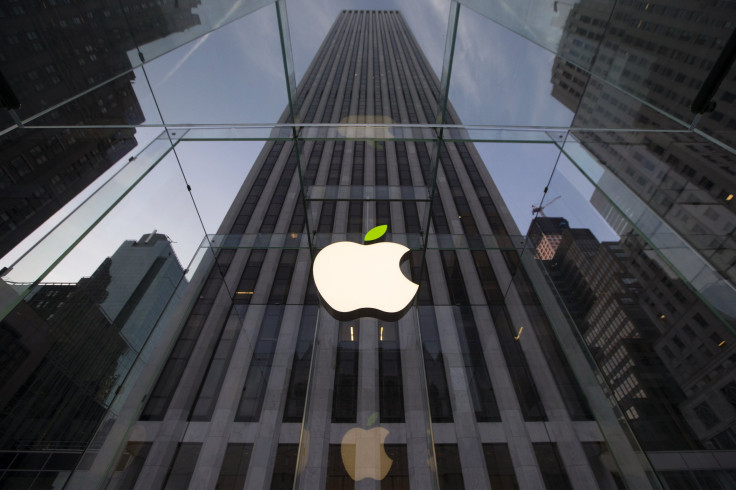Apple Inc. Could Owe $8 Billion In Back Taxes To EU

The $8 billion in back taxes that Apple could owe in the wake of a preliminary report by the European Commission (EC) on Tuesday would be dwarfed by the amount Apple saved through tax deals that the company struck with the Irish government over the past three decades.
The letter written in June by Joaquín Almunia, vice president of the EC and Competition Commissioner, is not a ruling but is meant to provide details of why the EU’s executive arm began investigating Apple’s Irish tax affairs. Almunia told Ireland that tax arrangements in 1990 and 2007 “confer an advantage on Apple” and appear to amount to state aid. To promote fair competition, the European Union prohibits any member state from treating a particular company different from others.
Ireland’s 12.5 percent corporate tax rate is low by international standards, but a U.S. Senate subcommittee found last year that Apple has managed to pay an effective tax rate of less than 2 percent and even no taxes on some profits in Ireland.
“What’s troubling the EU is why did they get that preferential rate?” said Martin Sullivan, chief economist at Tax Analyst, a trade publication.
The company opened its first Irish subsidiary in 1980. Over the years as Apple’s profits exploded, it began attributing significant chunks of profit to Irish affiliates for tax purposes rather than its companies in higher-tax countries such as the U.S., home to its marketing, product design, patents and other business central to its bottom line.
One of Apple’s subsidiaries in Ireland, Apple Sales International, grew its revenue 415 percent from 2009 to 2011, to nearly $64 billion, the EC found. The subsidiary procures finished Apple products from manufacturers and passes them on to Apple-affiliated companies that then sell them to customers. Another Irish Apple subsidiary, Apple Operations International, has no employees and did not pay taxes to any government for five years, despite reporting more than $30 billion in profit since 2009.
It’s impossible to know exactly how much Apple has saved in taxes over the past three decades by shipping profit through Ireland, said Rebecca Wilkins, a senior counsel at Washington, D.C.-based think tank Citizens for Tax Justice. "Their 10-K reports what they have in total in offshore cash but doesn’t break it down by country," she told International Business Times. "They only have to break it out from U.S. and non-U.S. cash."
Apple reported in its latest disclosures that it earned 60 percent of its pretax profit abroad last year, $30.5 billion of $50.2 billion total, and holds more than $100 billion offshore. U.S. law doesn't require companies to pay taxes on profits earned overseas until the money is transferred into the country.
The U.S. Senate estimated last year that Apple shifted at least $74 billion in worldwide sales income away from the U.S. to Ireland from 2009 to 2012, paying about $1.5 billion in taxes to Ireland on the 2 percent rate. Apple’s tax bill at the standard 12.5 percent rate would have been $9.4 billion, indicating Ireland’s negotiated rate cost the country and the EU at least $8 billion over that time period. If the EC decides the tax deal is state aid to Apple, it could fine Ireland up to $1.26 billion and Apple up to 10 percent of its revenue, which could amount to $17 billion. But the preliminary report suggests that the EC would seek “recovery of the aid,” which could be about $8 billion or billions more, depending on how many years of back taxes the EC would seek.
© Copyright IBTimes 2024. All rights reserved.






















